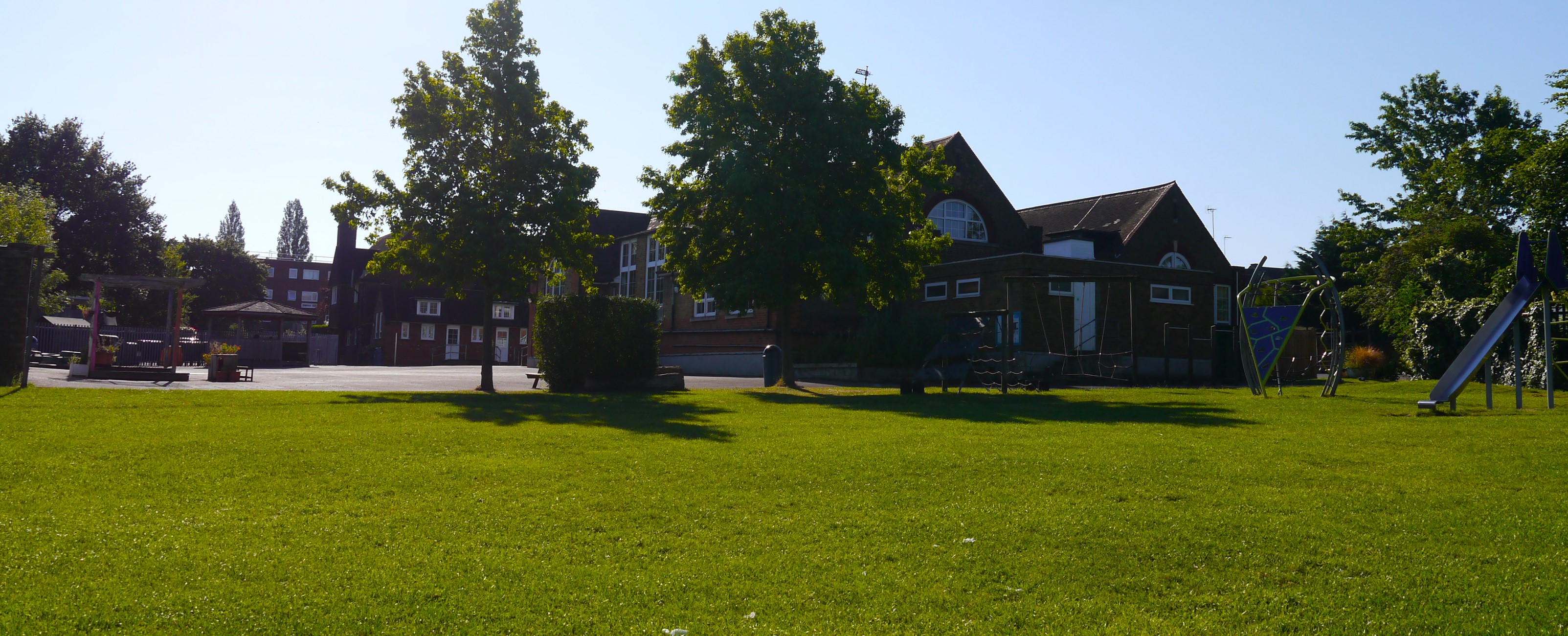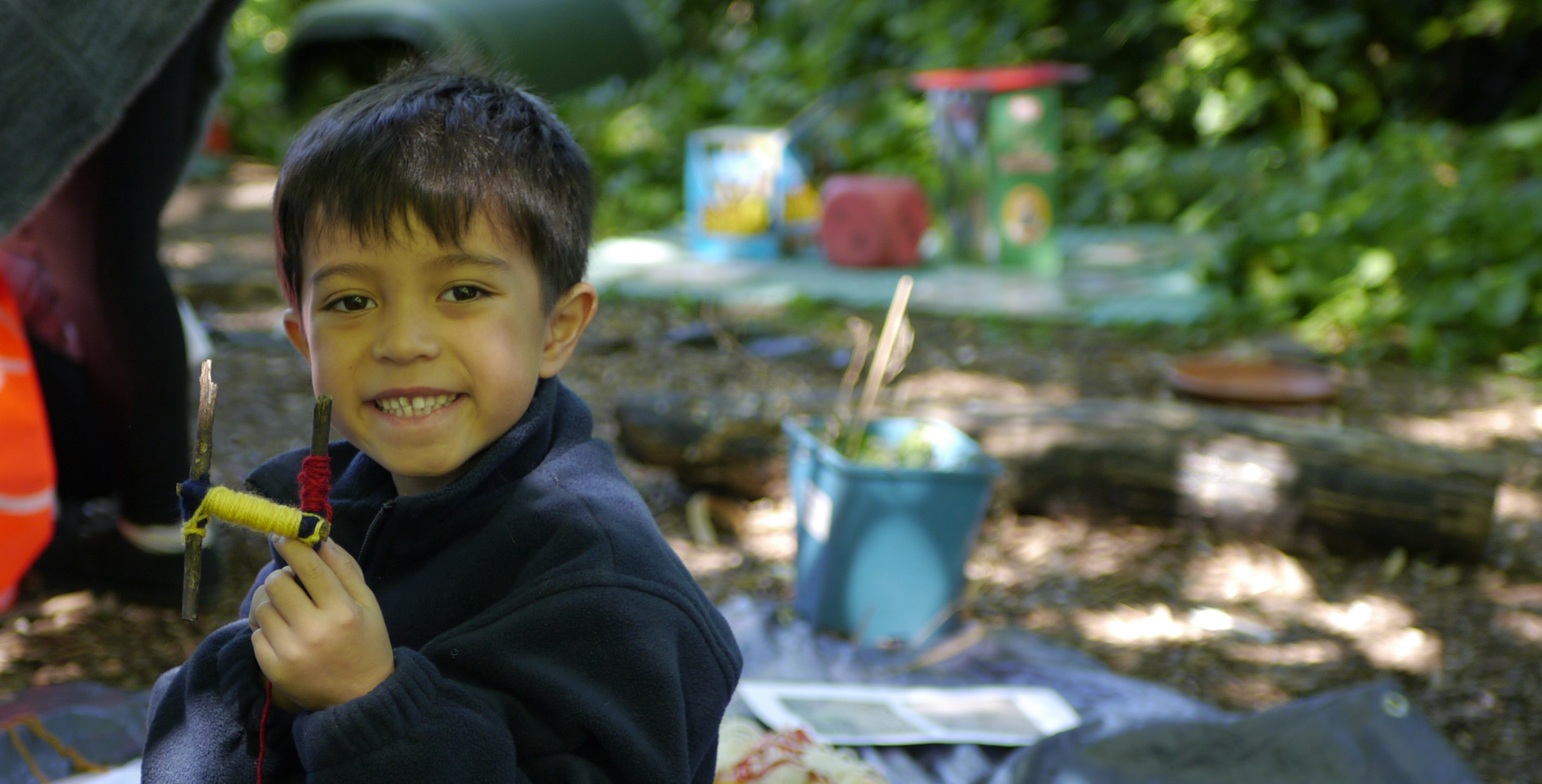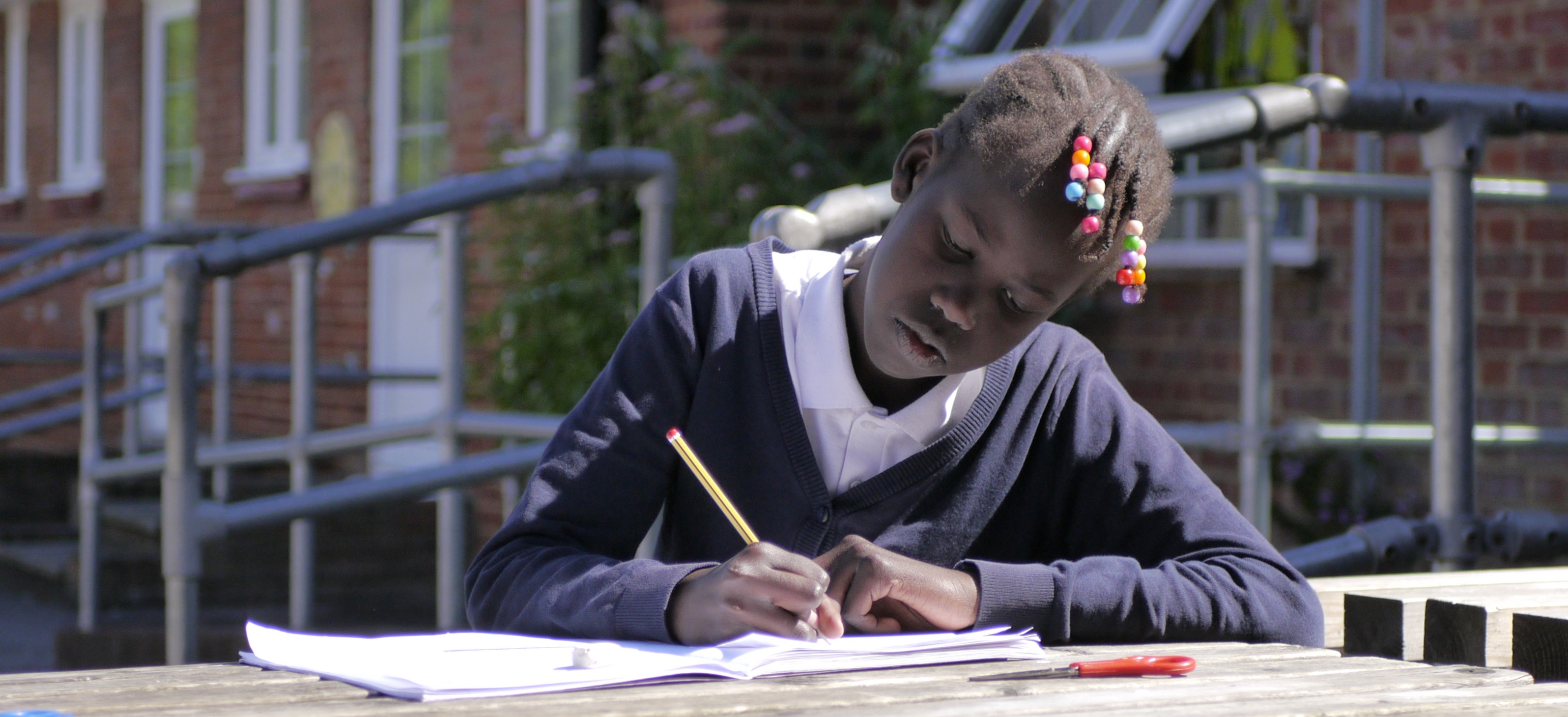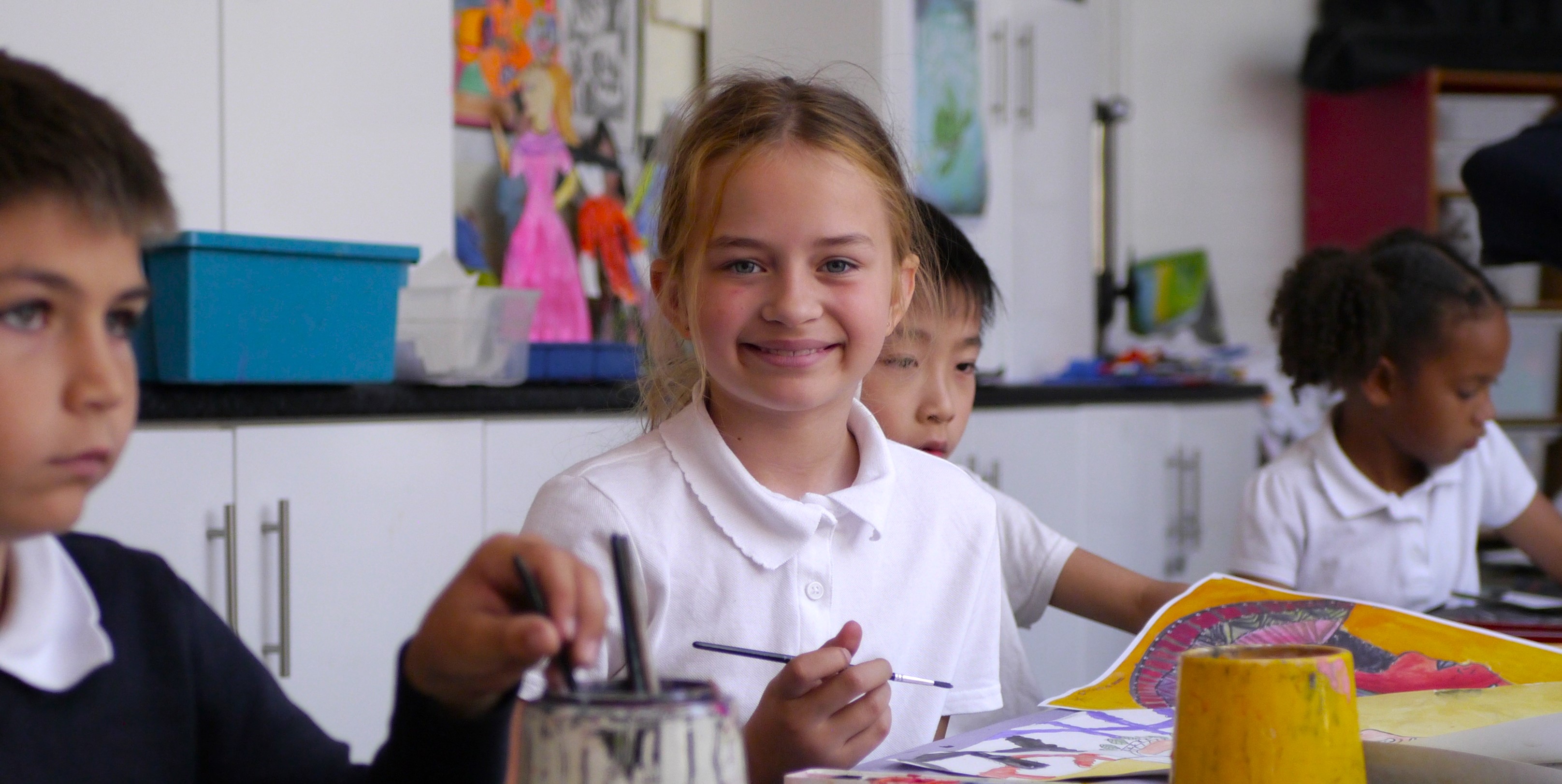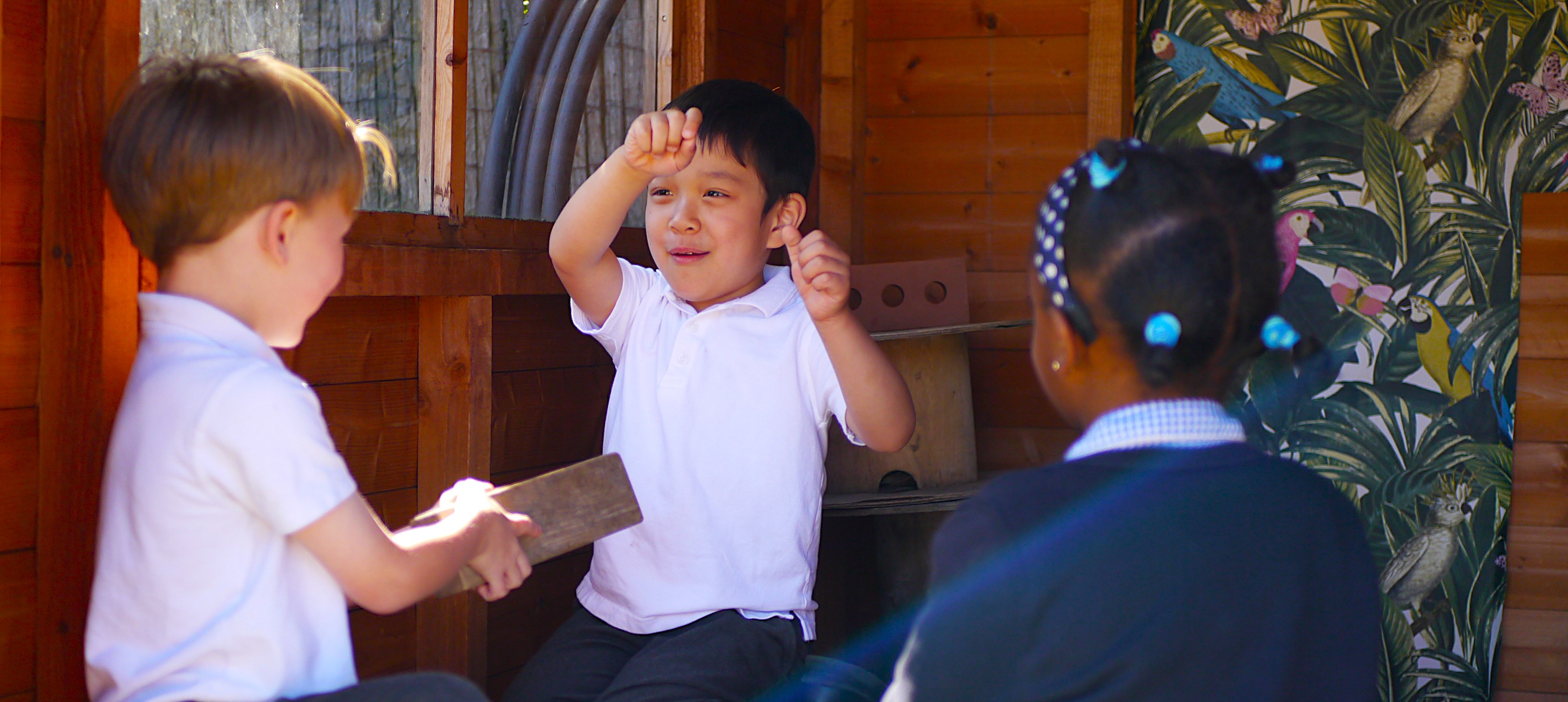History
Intent
At Hollickwood we believe that offering a diverse, cohesive history curriculum sets our children up to be dignified and empathetic members of our community. By giving the opportunity for children to see where they and their peers have come from, and the skills to not just learn history, but to learn from it, we are equipping them with a lifelong ability to act reflectively, appreciatively and critically. Teaching ‘disciplinary knowledge’ alongside a broad ‘substantive knowledge’ allows our children to build independence and to discern how to move past and learn from mistakes. Carefully selected key enquiry questions help our children to understand periods of history as a story of development and consequences that impact the way our lives are led today.
Our teaching of history is rooted in our school’s core values: Compassion, Creativity, Commitment, Confidence, Curiosity and Courage.
Confidence is built and demonstrated by giving pupils opportunities to communicate their understanding both orally and in writing using the core vocabulary taught.
Compassion is built by exploring how significant individuals have made a positive difference to the world we live in, and through exploring the positive actions that they can take to make a difference.
Creativity is built by giving pupils opportunities to build their understanding and present their learning in a variety of ways. Children understand that creativity is an important part of being a historian because it involves finding explanations and recognising consequences.
Commitment is explored through studying individuals and civilisations who have often needed to try things out many times, and explore possible solutions for problems, before ‘getting it right’.
Curiosity is explored through our key enquiry approach. Children are encouraged to ask questions to support their understanding and to explore new ideas.
Courage is explored through the significant individuals studied. Children learn that many rights we value today have been won by people being brave to share their ideas and face criticism or adversity.
Our History curriculum is designed with the aim that all children:
• know and understand the history of these islands as a coherent, chronological narrative, from the earliest times to the present day: how people’s lives have shaped this nation and how Britain has influenced and been influenced by the wider world
• know and understand significant aspects of the history of the wider world: the nature of ancient civilisations; the expansion and dissolution of empires; characteristic features of past non-European societies; achievements and follies of mankind.
• gain and deploy a historically grounded understanding of abstract terms such as ‘empire’, ‘civilisation’, ‘parliament’ and ‘peasantry’
• understand historical concepts such as continuity and change, cause and consequence, similarity, difference and significance, and use them to make connections, draw contrasts, analyse trends, frame historically-valid questions and create their own structured accounts, including written narratives and analyses
• understand the methods of historical enquiry, including how evidence is used rigorously to make historical claims, and discern how and why contrasting arguments and interpretations of the past have been constructed
• gain historical perspective by placing their growing knowledge into different contexts, understanding the connections between local, regional, national and international history; between cultural, economic, military, political, religious and social history; and between short- and long-term timescales.
Implementation
Teachers teach one History unit a term as outlined in their curriculum map
Teachers follow the Long Term History Curriculum Overview which sets out the units to be taught in each year group and the order that they should be taught in.
A range of different, high-quality sources of evidence should be studied for each unit; instead of using solely photographs to learn about a unit, diaries, artefacts and newspaper articles wherever possible should be analysed by the pupils in order to develop their interpretation skills. Primary and Secondary sources of evidence will be identified where appropriate.
Learning is recorded in different ways including through photos, drawings, models, presentations and writing, imaginative teaching methods are encouraged. If children are not at the stage that they can show their full understanding through writing, then every effort is made to help them demonstrate their understanding in another way e.g. through a LSA noting down what they say, or through videoing a child interpreting events and talking through the steps that led to it.
Children are expected to use and apply the key vocabulary for each unit precisely. New vocabulary is explicitly introduced and taught.
Plenaries and mini plenaries are used to draw knowledge together, revisit the learning objective and address misconceptions. Lessons begin with a revisit of prior learning including the core vocabulary taught.
The Early Years Foundation Stage is a vital stepping stone to the KS1 curriculum. The EYFS Curriculum Map sets out a clear term by term progression in knowledge and skills for the areas of learning linked to history in Past and Present. Children need to build a core knowledge and understanding of the world around them in the early years and the vocabulary to communicate their knowledge and understanding. They have plentiful opportunities to discuss and observe differences between the past and present. They are encouraged to ask questions about the world around them and share their observations with their peers and adults. Simple historic language that they should know and use is set out in the EYFS Curriculum Map.
Impact
As a result of our History curriculum our children:
-Confidently use new subject knowledge to answer the key enquiry question for each lesson.
-Have the curiosity and compassion to ask questions and understand different viewpoints.
-Confidently use new topic-specific historical vocabulary appropriately in their explanations and work.
-Are able to represent their historical knowledge and thinking in creative ways.
-Have a confident grasp of the substantive and disciplinary historical knowledge so that they are ready for their next stage in education.
